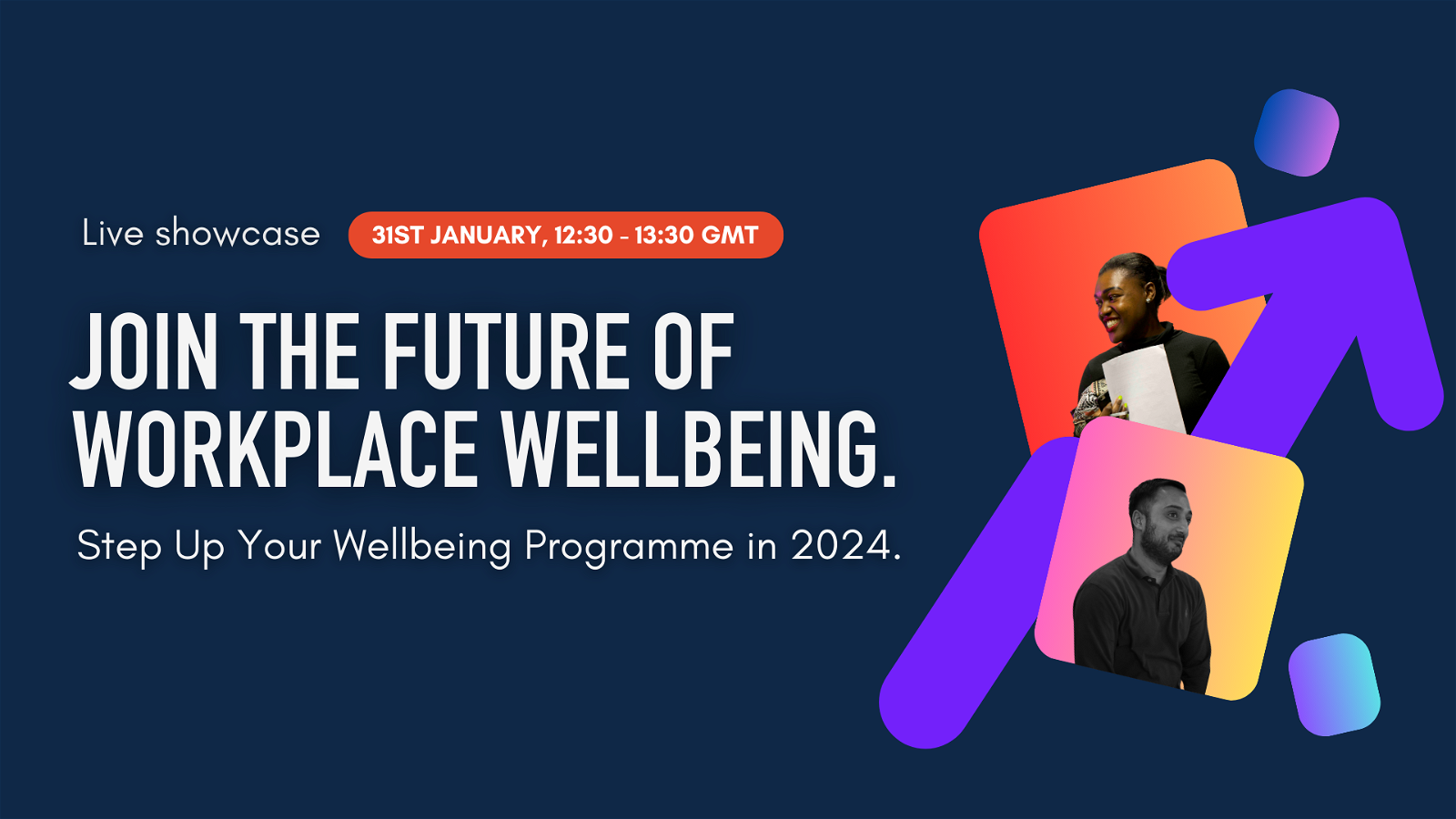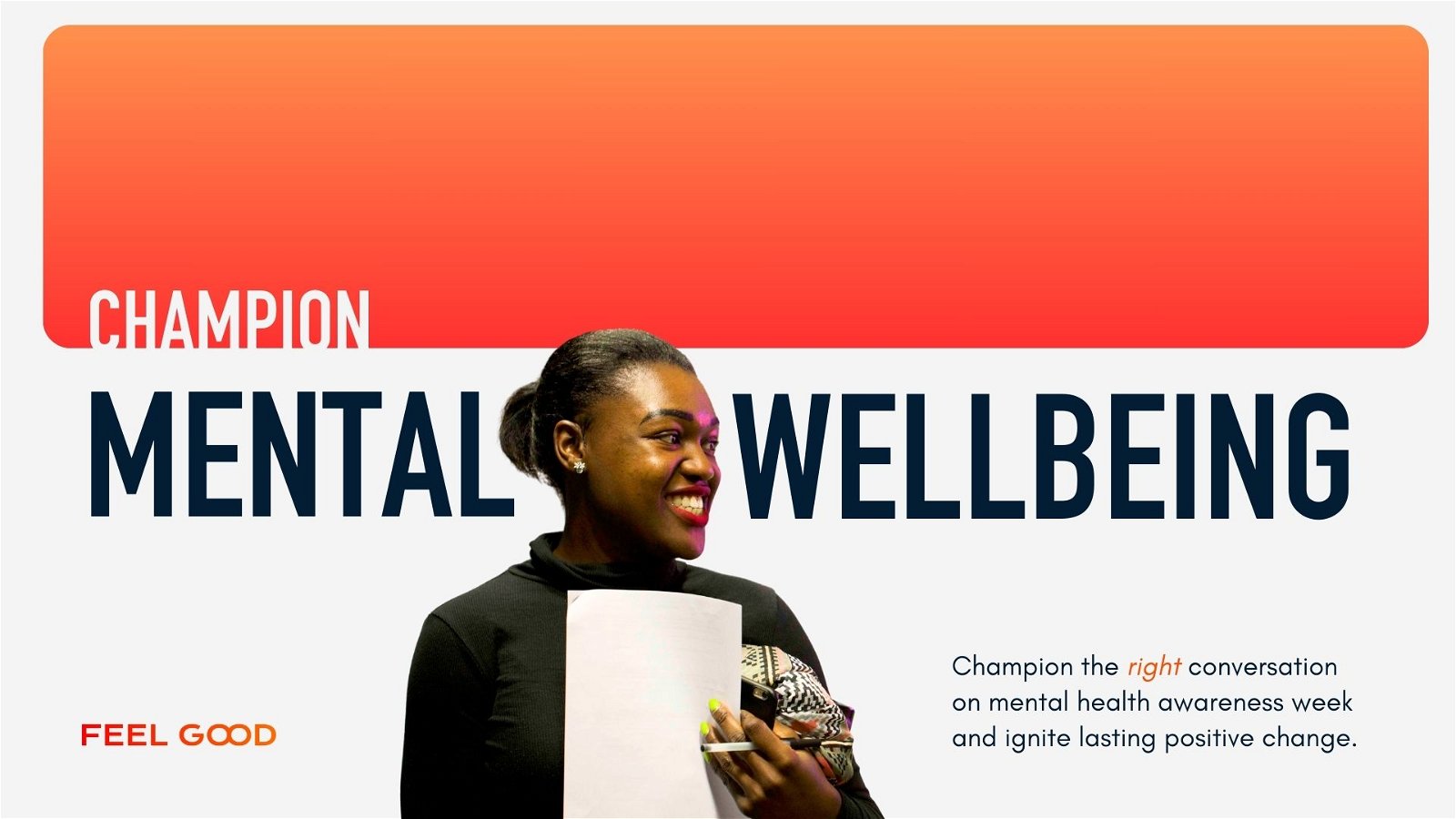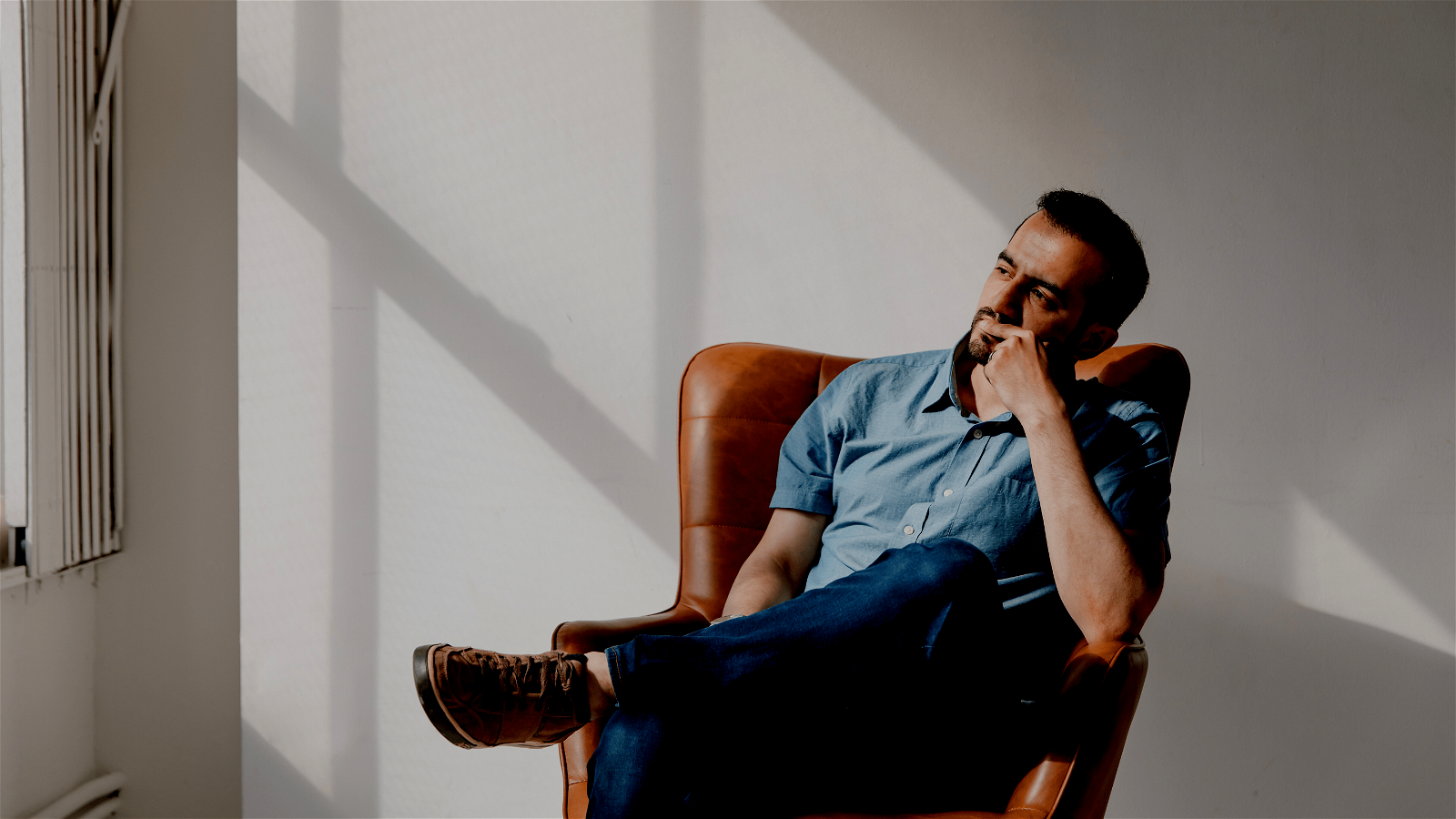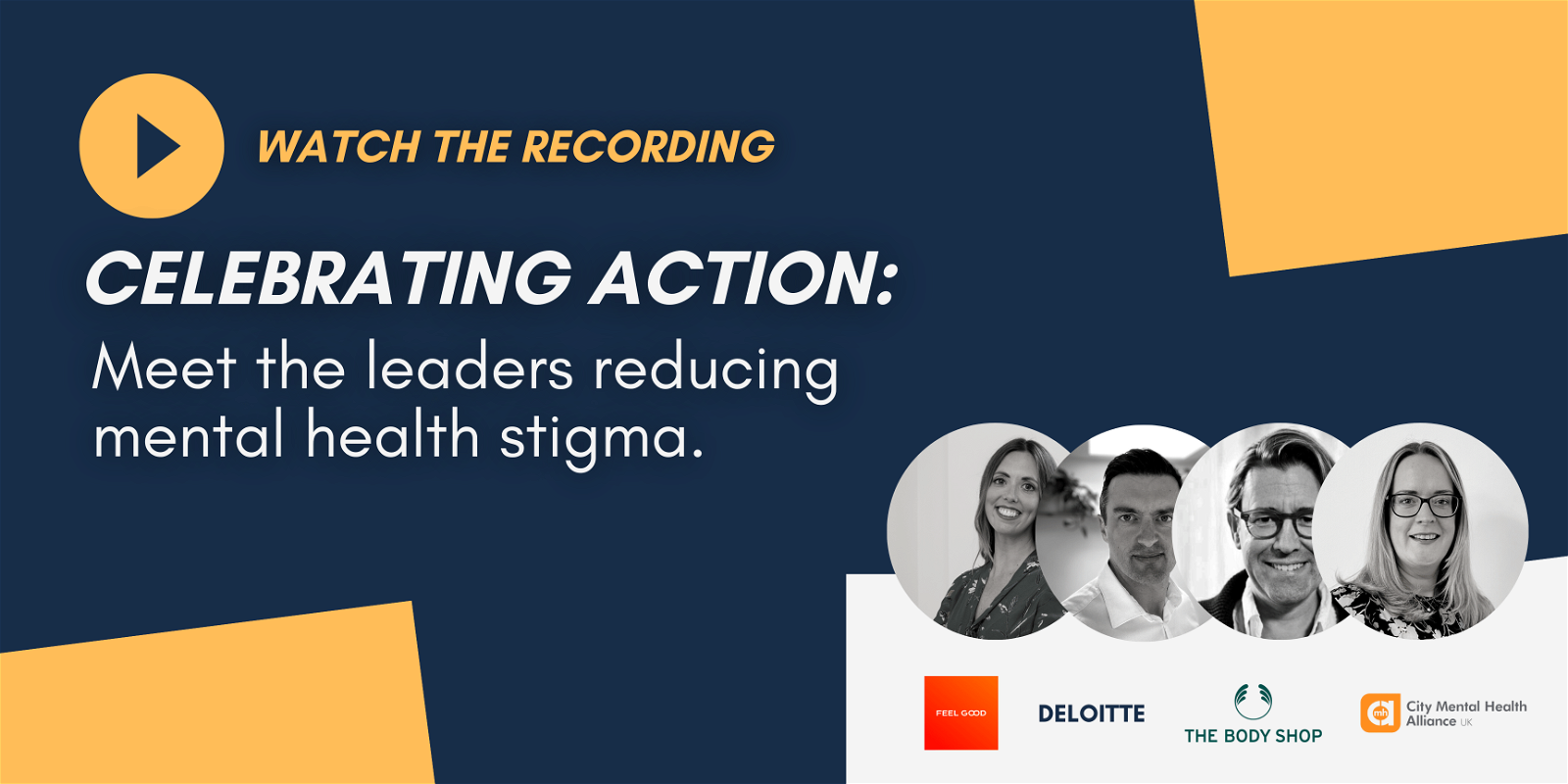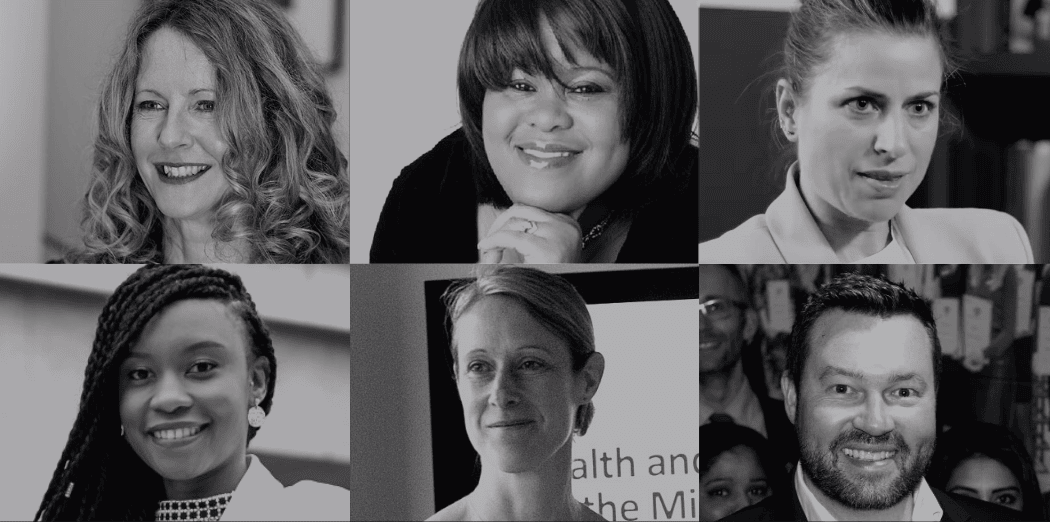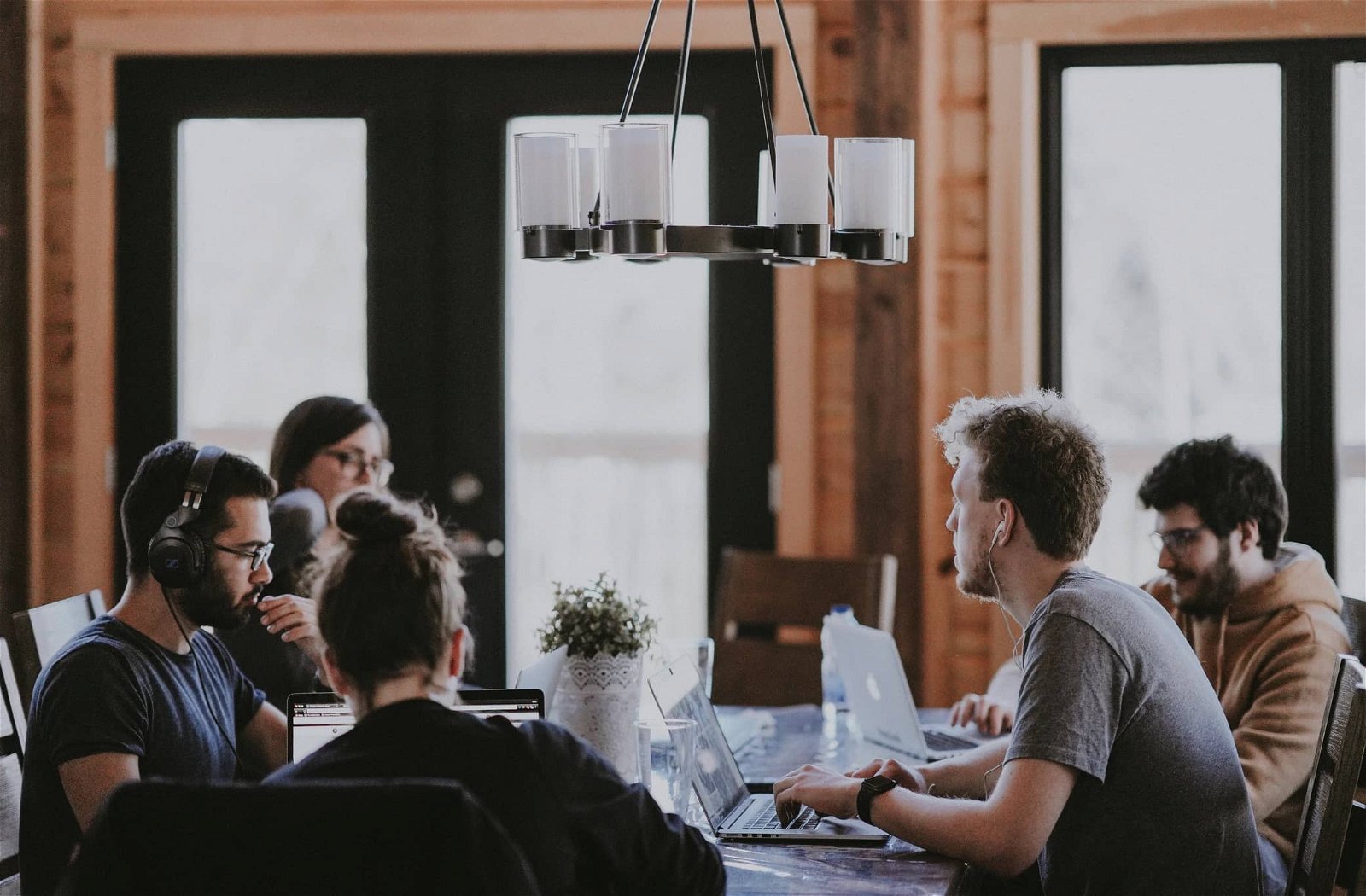Posted on: March 31, 2022
Tackle Toxicity: Forge a culture of mental health in your workplace
In partnership with Make a Difference Media, Oracle, De'Longhi, Feel Good tackled a major challenge facing HR leaders and organisations today: How to tackle tox...
By Ella Verrells
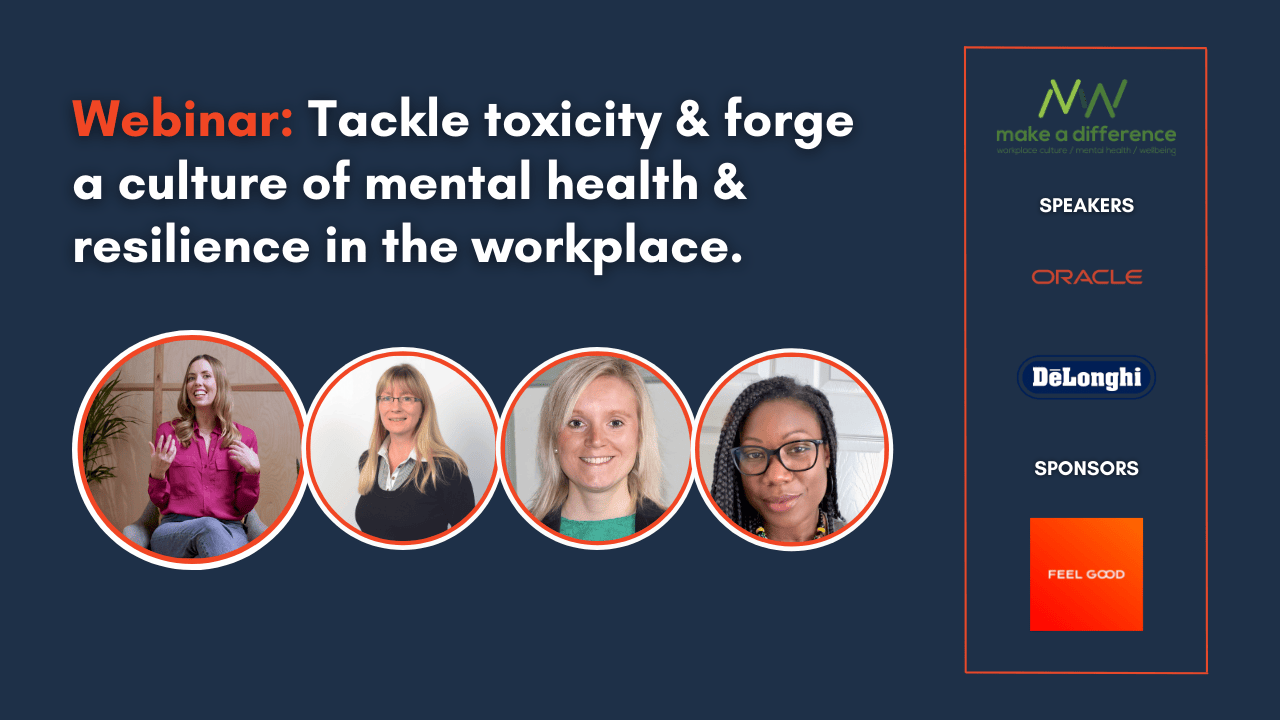
We know work can be a force for good in terms of mental health. It provides us with a sense of purpose, a sense of achievement and accountability, it gives us an opportunity to grow and advance. We can connect with other people, feel like a part of a community, and form good relationships. We know good work designed in this way enhances mental wellbeing.
Over the last 18 months in Feel Good, we have been asking the question ‘Is the way we are working now broken?’.
We have been doing research and working with our clients to address this. We are seeing that there are strong accepted norms in national cultures, in sector cultures, and in specific organisational cultures that have meant that for far too long we have been putting the commercial needs at the heart of how we work and forgetting about the human experience.
We need to think about how we redesign how we work to put the human experience and mental health at the core. There has never been a more important time to do this. At Feel Good we believe in the power of community. If we wait for things to change, we can be waiting for a long time. We can all be a part of that change.
In response to this pressing topic, we created our best event yet, in collaboration with Make A Difference (MAD). The panel was titled ‘Tackle Toxicity: Forge a culture of mental health in your workplace’.
Our panellists, composed of organisational psychologists, health & wellbeing experts, and wellbeing leaders in large organisations came together to deliver thought-leading insights and practical takeaways on how to tackle toxic cultures.
- Leeanne Young, Health & Wellbeing Expert
- Claire Hallmey, International Wellbeing Manager, Oracle
- Liz Pillans, Talent Acquisition & Development Manager, De’Longhi Group
- Jill Williams, Organisational Psychologist, Feel Good
It was a highly interactive session, with some great conversations happening in the chat. You can watch the full recording below. Otherwise, read on to see our highlights and key takeaways.
Q: How do you create real, tangible cultural change?
A:
- Get to the ground to fully understand the issues. Observe the workplace – what are people doing and saying? How do they interact with each other? Gather information through focus groups, conversations, and truly anonymised surveys.
- Identify best practice. Agree on a plan of action with diverse working groups.
- Regularly review actions, and communicate progress to the entire workforce.
Q: At De’Longhi, what has been most effective in overcoming cultural challenges?
A: Where I’ve had success is using the same language and approach that senior managers take. I start from a bottom-line perspective, with the impact of poor mental health on business performance. I use concrete facts and examples to get buy-in at the very beginning, so leaders are aware of the impact of culture on the workplace. Leaders and managers don’t come to work with the intention of creating a poor atmosphere. I think it’s just the lack of awareness.
Q: Are there cultural differences in the uptake of mental health support?
A: ‘Mental Health’ as a concept doesn’t translate exactly, so the starting point is hard. Some cultures have a high level of openness and understanding, and for others, it’s a relatively new concept.
The main thing we can learn is the similarities in the feelings of mental health. We can all experience the feelings related to anxiety, depression, loneliness, burnout, the challenges of parenting and grief regardless of location and culture, even if we might label it differently. We utilise manager stories of times when they’ve dealt with pressure or felt burnout and how it was supported by their manager and good conversations. So, we are talking about mental health but we are doing it in a way that is relatable and has solutions attached to it.
Q: How can we engage a workforce when we feel overwhelmed?
A: I think the key here is giving our line managers the tools, equipping them with the right language as well to have those quality conversations, to be able to bring their people on board, understand exactly what is going on, and be able to answer that question, ‘What’s in it for me? I think being able to have a quality conversation with my line manager helps me to see the bigger picture in terms of what the organisation is trying to achieve.
Q: How do we help leaders to create a better culture?
A: The most successful programmes I have started start with feedback and awareness to the participants. We all have a view of ourselves of how we think we are, but the feedback from our team members, our line managers, and colleagues can be quite different and it can be quite a surprise to many people.
Alongside that goes the education piece. Starting with a good old-fashioned leadership management program, looking at giving and receiving feedback, what does a strong team look like, what is your role as a manager. In my experience, people have got to have a base level of knowledge on what good management skills are. From there, you can begin to focus on more complex topics like emotional intelligence.
PSYCHOLOGY-POWERED SOLUTIONS THAT DRIVE IMPACT
Feel Good evolves how your people think, feel and perform with strategic thinking and engaging learning solutions powered by the latest organisational & behavioural science.





